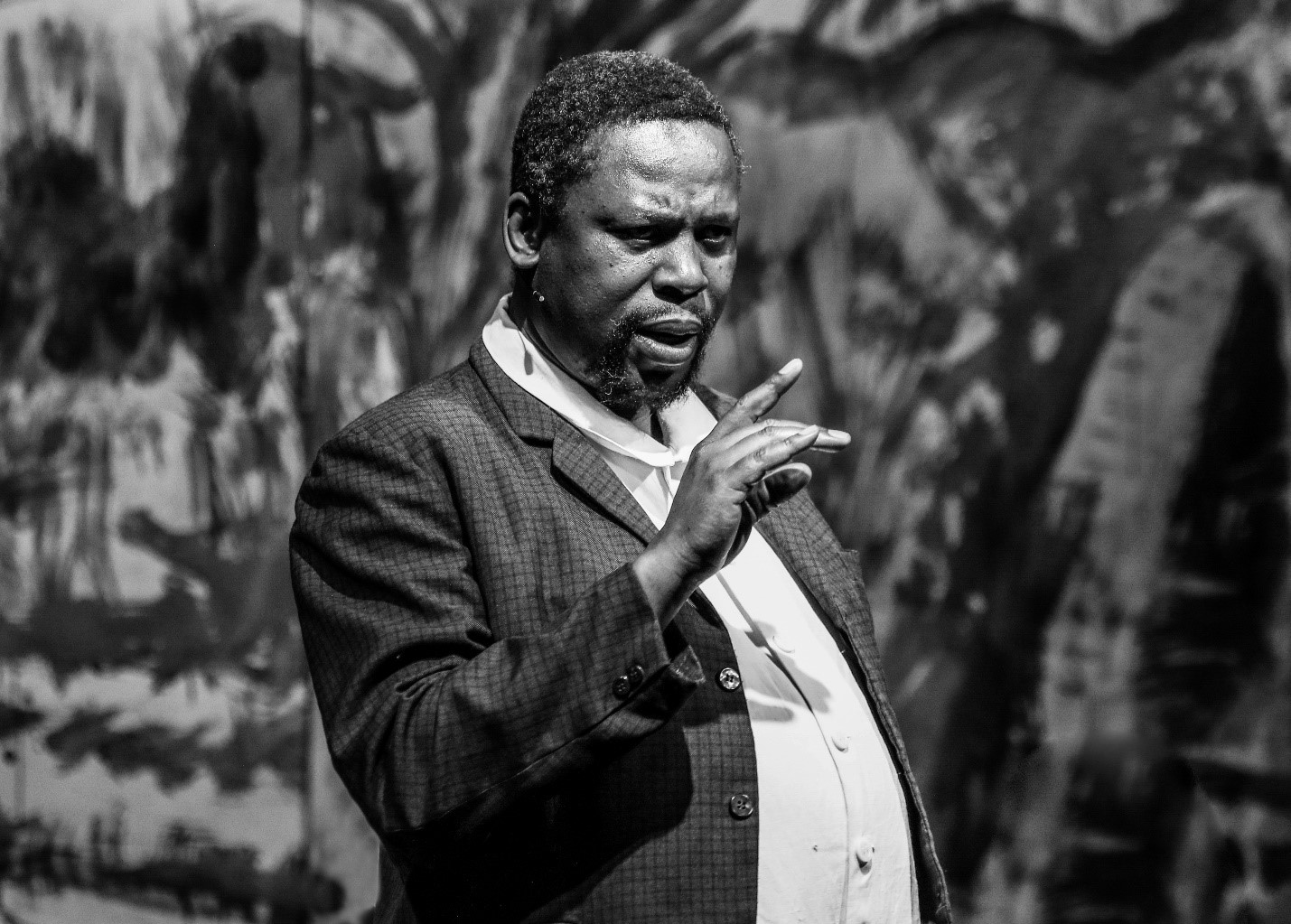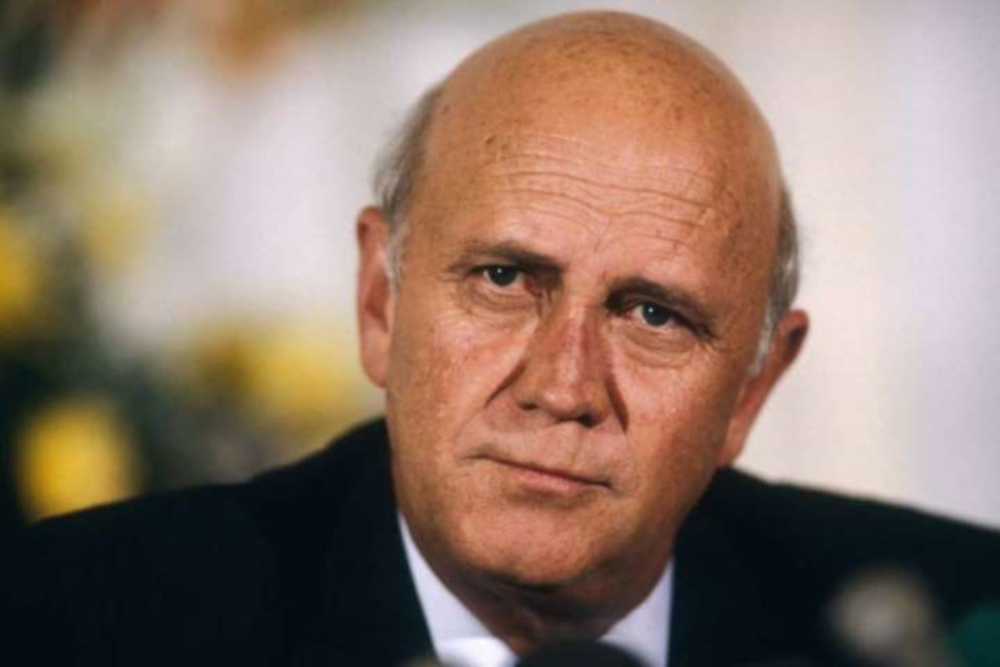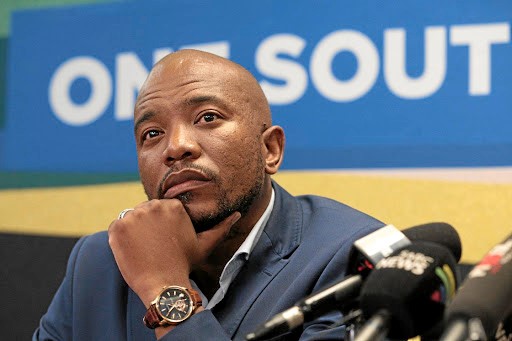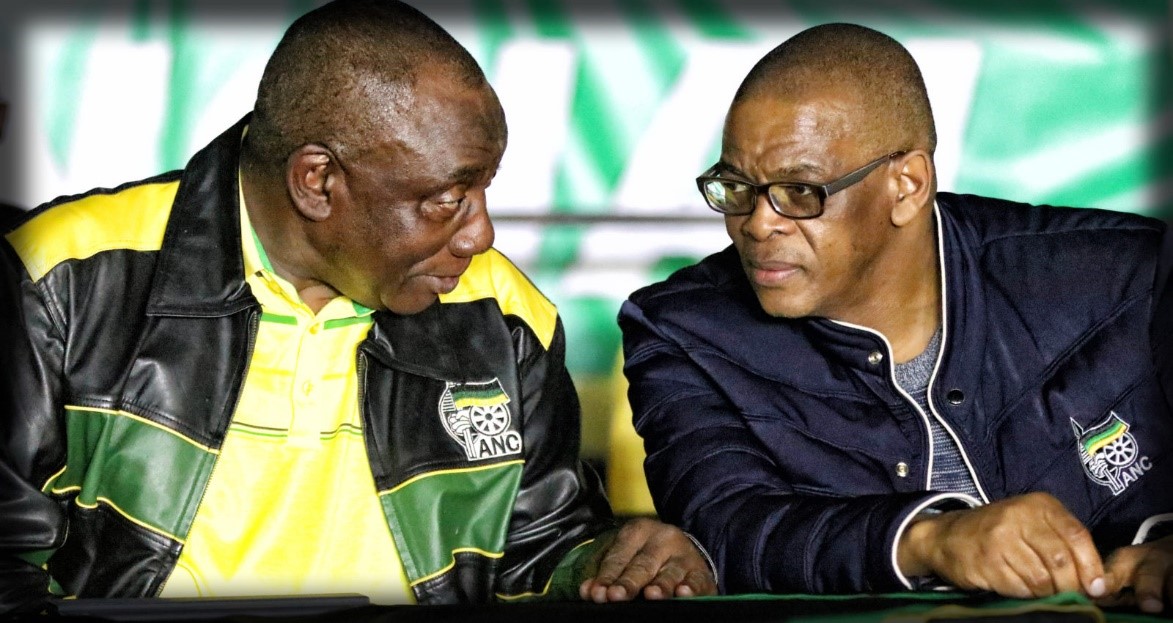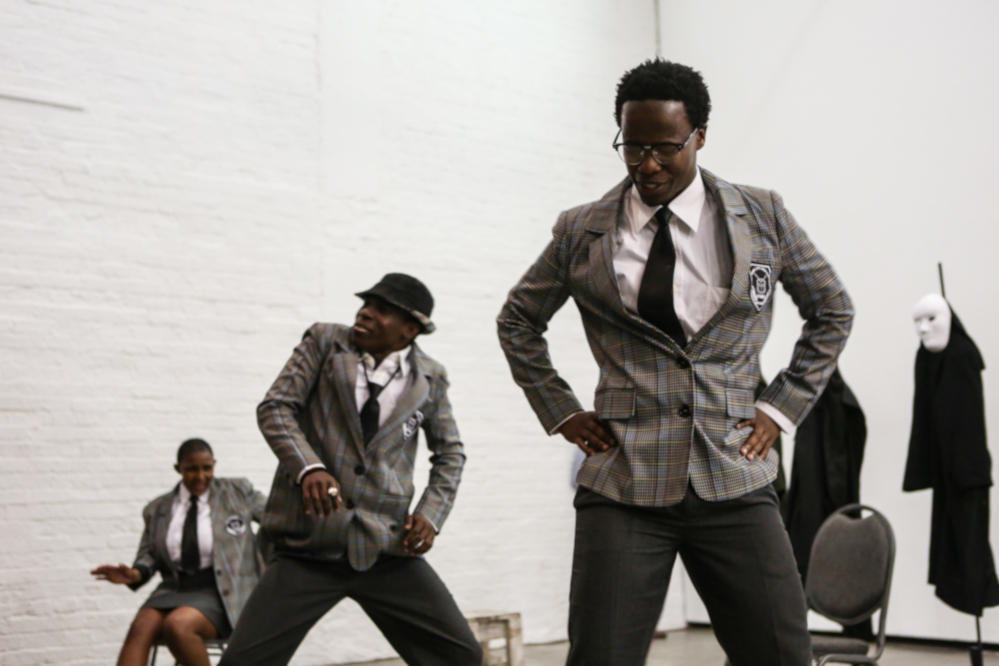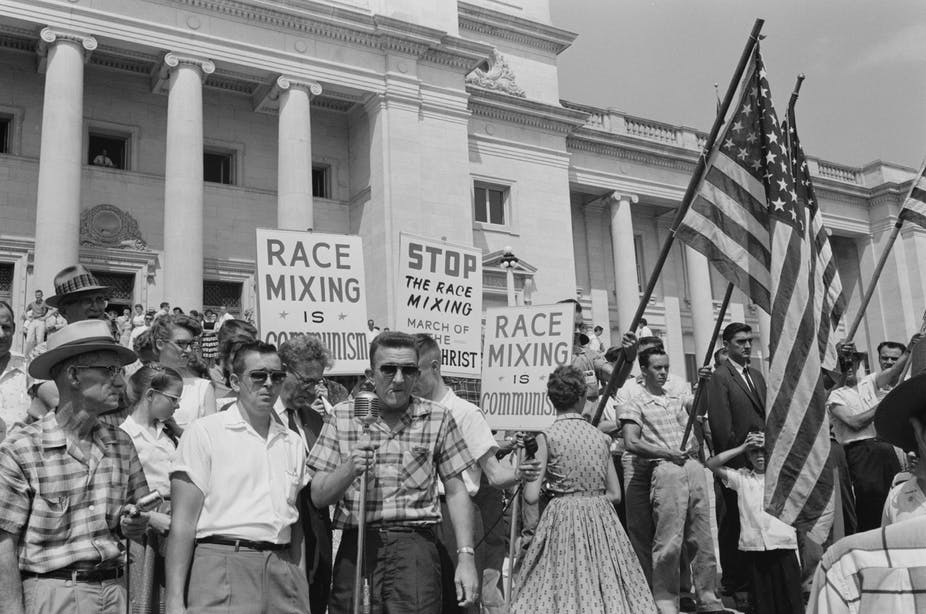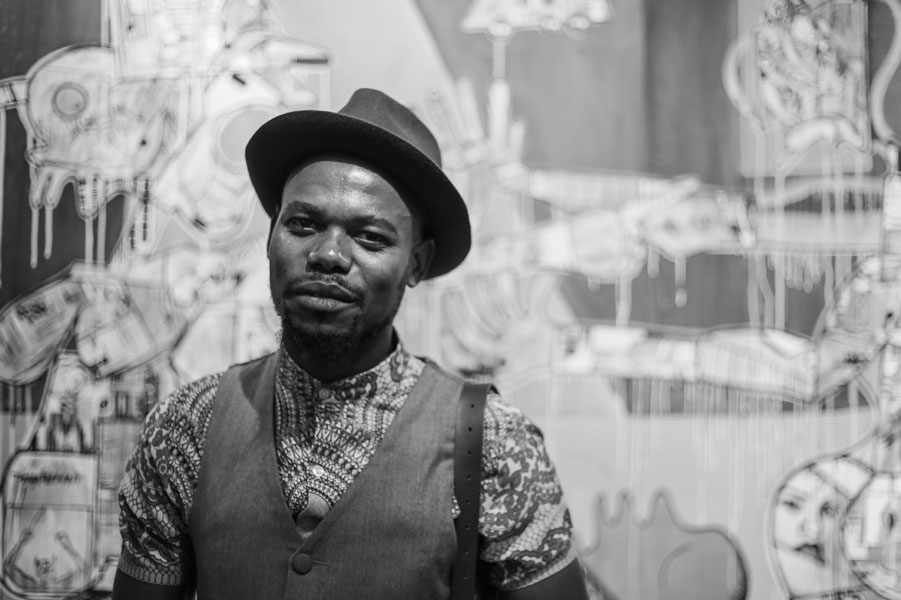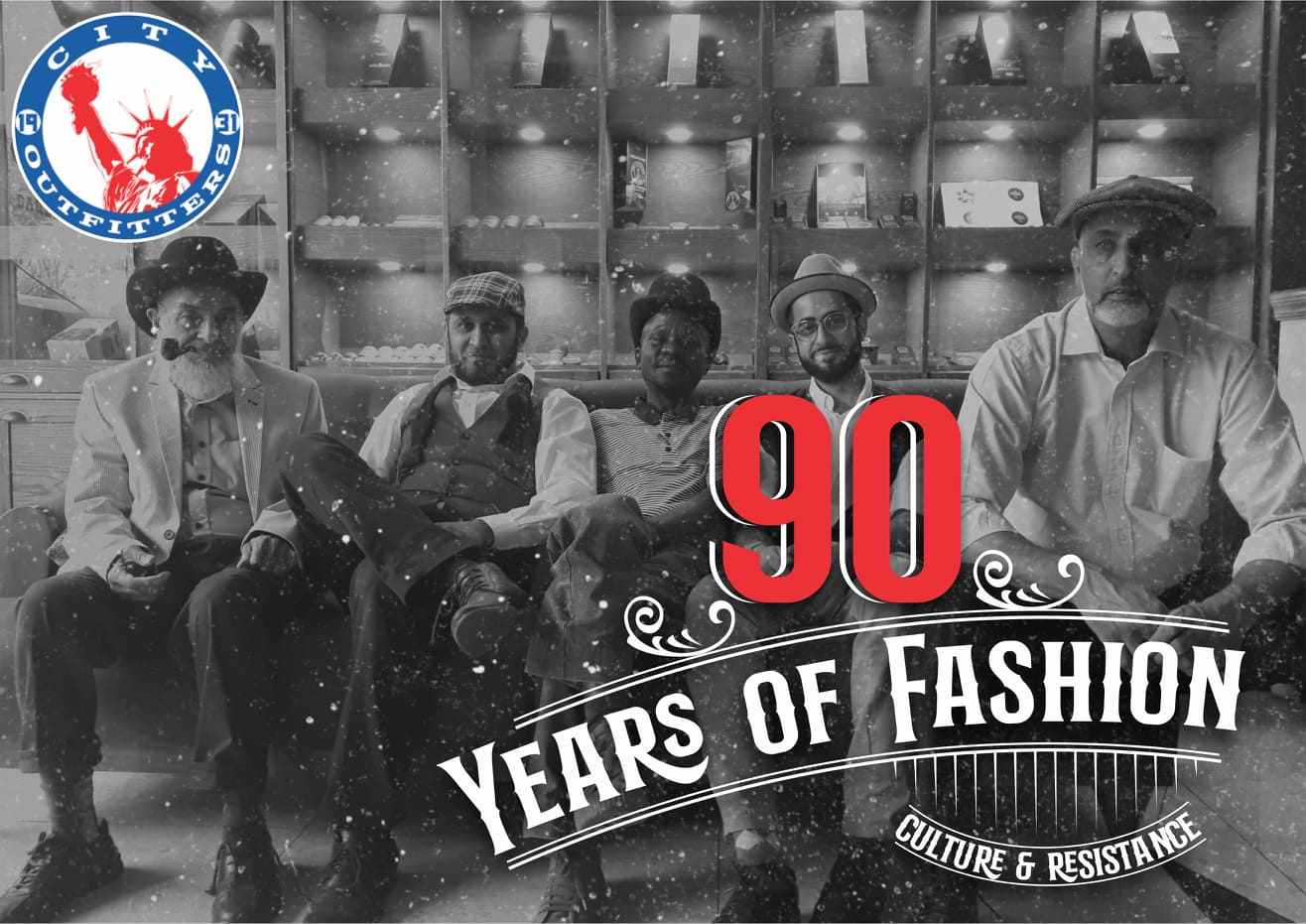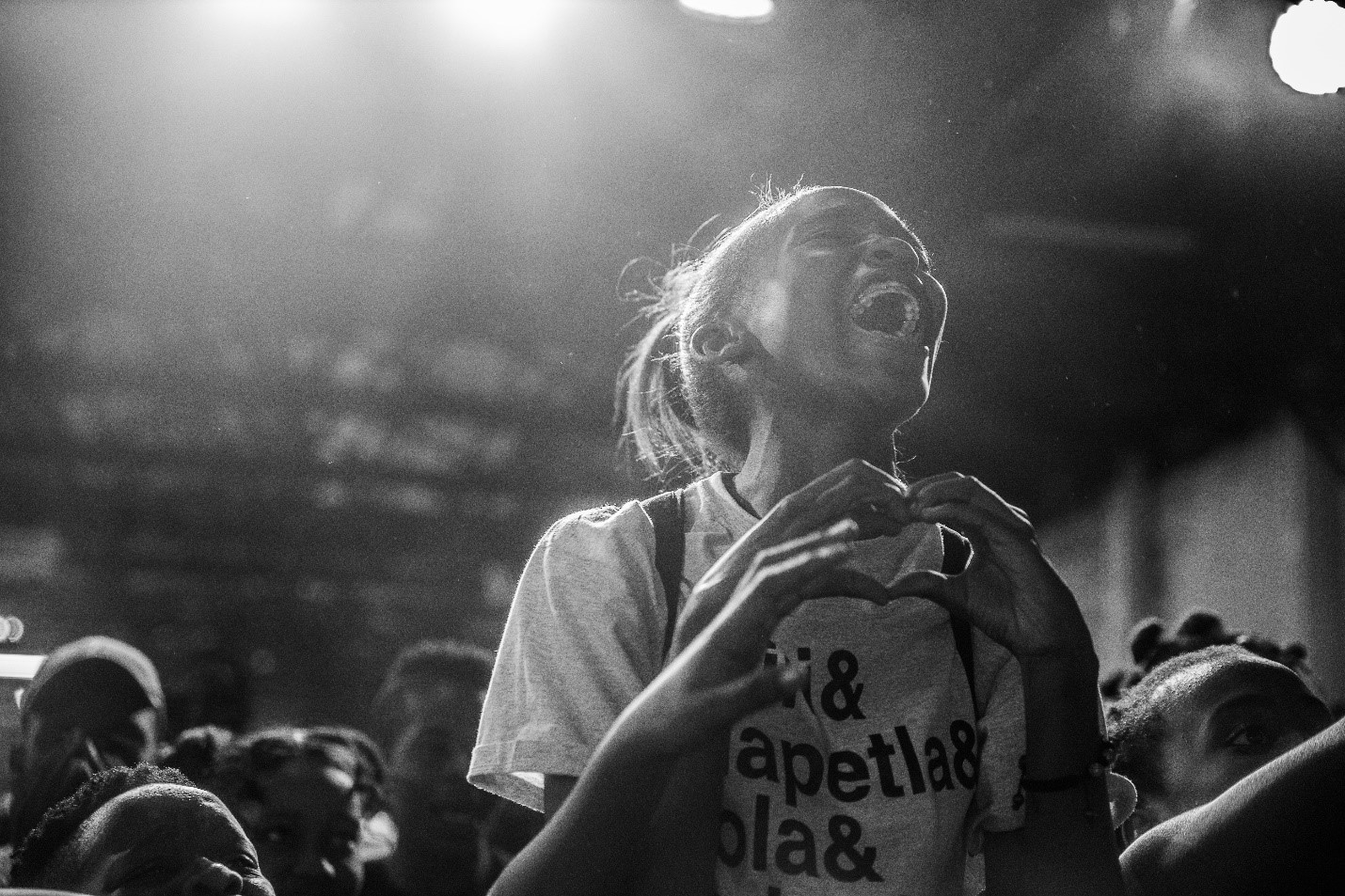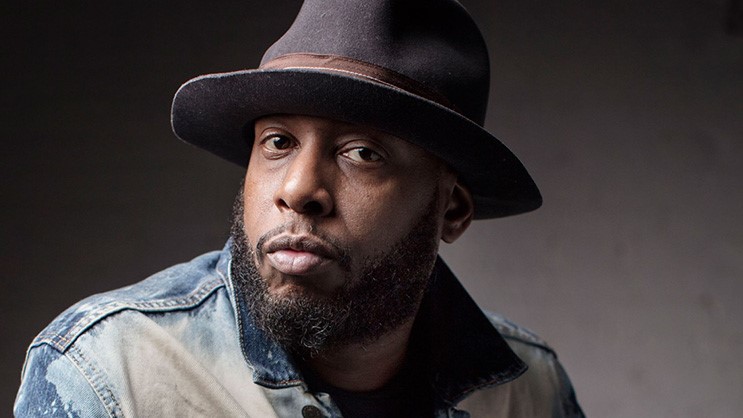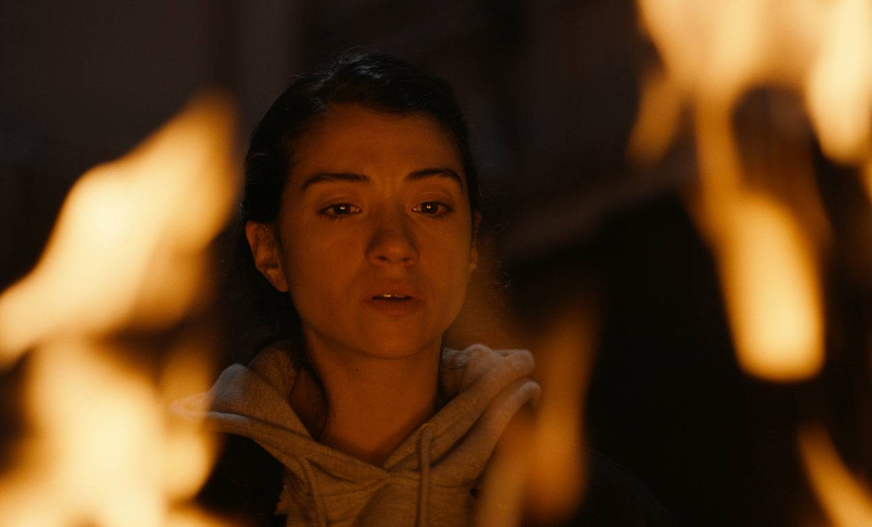If we must die, let it not be like hogs
Hunted and penned in an inglorious spot,
While round us bark the mad and hungry dogs,
Making their mock at our accursed lot.
If we must die,
O let us nobly die.
So that our precious blood may not be shed
In vain; then even the monsters we defy
Shall be constrained to honor us though dead!
O kinsmen! we must meet the common foe!
Though far outnumbered let us show us brave,
And for their thousand blows deal one death-blow!
What though before us lies the open grave?
Like men we’ll face the murderous, cowardly pack,
Pressed to the wall, dying, but fighting back!
Bhele,
What does one say? How do our hearts behave? Like all who know, love
and lived with you, the news of your departure violently slapped me in the face.
Like others, I found myself dumbfounded and numb with shock. My knees were wobbly, my intestines cold and my tears flowing incessantly.
As the days passed, the news of your passing still didn’t make sense and I found myself looking for something to hold on to.
Something to help my mind comprehend what my ears couldn't bear to here. I found myself turning to the poem ‘If We Must Die’ by the Black novelist, Claude McKay.
There is a sense in which this poem embodies the Warrior spirit that pervaded your being and the knowledge that death was the least of your fears.
At first encounter, one of the things I immediately noticed was that you were one of the few Black people who confidently and fearlessly used the formulation, ‘Black people’.
You did this regardless of the platform or occasion. Instead of saying ‘Black people’, many of us would rather use nebulous formulations such as ‘our people’.
The common explanation being that we may just jeopardise our employment or business prospects or offend the sensibilities of non-Afrikans in our midst, if we openly use the formulation ‘Black people’.
You were not like many of us who say or do things for reasons of personal economic survival or to conform. You did and said things out of conviction. You were uncompromising!
It was in that moment that I realised that I was in the presence of what Bab'uBantu Biko refers to as ‘a real black person’. As I got to know you better, I got to admire how you infused your creative work with your fearlessness and commitment to truth.
Through the substance of your work, you sought to kill the fear in the mind of the native, in the European-criminal colony referred to as South AfriKKKa.
As a storyteller and through your production Vuka Machel, you chose to resurrect the story of the great Bab’uSamora Machel.
For over twenty years, you single-handedly ensured that the name Samora Machel is not forgotten. You could have chosen any other name or subject, but you decided to choose Samora Machel.
And like I said to you in one of our conversations, you chose this subject at great personal risk to yourself and your family. Knowing all this, you never relented and went on to tell the Samora Machel story over and over again.
Once again, this choice of subject is testimony to your fearlessness and commitment to truth. But it also affirms your credentials as a Pan Afrikanist of note.
While some may view you as an actor, playwright and theatre director, you were actually much more than many of us realise.
You were a deep and committed thinker in life. A prolific writer and activist, who was deeply concerned about the Afrikan condition.
You were a language activist that was deeply concerned about the preservation of Afrikan languages and their place in the arts and society.
You were a historian that ensured that everybody you encountered knows about the unknown heroes and sheroes of KaNyamazane.
But you didn't end there. You also had a deep interest in the stories of the unknown heroes and sheroes of the other parts our land.
This is why it hurts me to now realise that the plan that Shweme and I had to take you on a Sobukwe pilgrimage in Ga-Kgosi Galeshewe, will no longer be possible.
I had the privilege of witnessing your reverence for the stories of Black people on the day we visited the gravesite of the black consciousness icon, uBab'u Onkgopotse Tiro in the North West.
I saw what that visit did to you. I remember your emotional state during and after that visit. There are of course also the many personal moments we shared, for which I am eternally grateful.
The look on the faces of my children when your gigantic frame walks through the door and how you warmly embrace each one of them.
The many moments when we would recommend jazz music to each other. Ohhh! Your knowledge of jazz just blew me away. How can I forget the time when you were our dj on our way back from a trip to the North West province.
Bhele, you leave us at a time of debilitating confusion and darkness in the land of Azania. A confusion and darkness which is not the result of ignorance, but the result of fear on our part as the natives of Azania.
A fear that has turned us into zombie-like creatures that continue to bow to the gods of our oppressors, while rejecting the gods of our Warrior ancestors.
A fear so paralysing that we would rather praise than confront those who look like us, but have become major shareholders in a system that guarantees us only two possibilities: slavery and premature death.
Bhele, we continue to be a nervous race of people who unlike you, live under the grip of self-censorship. As we come to terms with the reality of your departure, we also realise how privileged we have been to have breathed the same air as you.
We are grateful for the lessons you have taught us. We are grateful for the countless moments of inspiration that you provided. Most importantly, we are grateful for the monumental legacy that is your life.
In all sincerity, I don't think those who govern this country (and in particular your home province) have the slightest idea what you mean to us as the Black race.
Even though, you were a regular on our television screens, received a number of awards and performed all over the world, you never allowed yourself to be imprisoned by the cult of celebrity.
This was your orientation and demeanour because, deep down you understood your true essence. You were a warrior.
A true son of Sobukwe, who understood that the only meaningful way to live as Afrikans, was to live our lives in service of Afrika and her people. It is therefore no exaggeration to state that, Black people, not only in South AfriKKKa and Afrika, but all over the world, are going to be poorer without your presence.
You are without doubt one of the greats of our Race.
Rise in Power dear Brother, friend, father, writer, thinker, storyteller, historian, activist, artist, jazz aficionado, pan afrikanist, legend, cultural icon and above all, son of the Afrikan soil.
Hamba kahle Shabangu
Mbhele loluhlata njengengcoshane
Msuthu
Mswati
Mtungwa
Mahle emabhele
Akakhetsani nakaya ebandla
Ingani bafati bemabhele abayisikisi incoboza
Basaba kusika bantfwa babo
Kutsiwa ungahlala nemabhele uyalibala Mahhalahhalabe waNgwane
Tjodvo Dlatile
Ndlangamandla waSithole
Wena lowabulala inDuna kwangabi indzaba yalutho
Godide
Mphemba
Ndlela kaSompisi
Wena lowatsela inkosi ngelitfuli
*Veli Mbele KaSompisi is an afrocentric essayist and co-founder of the Black Power Front and afrocentric think tank Mutapa

